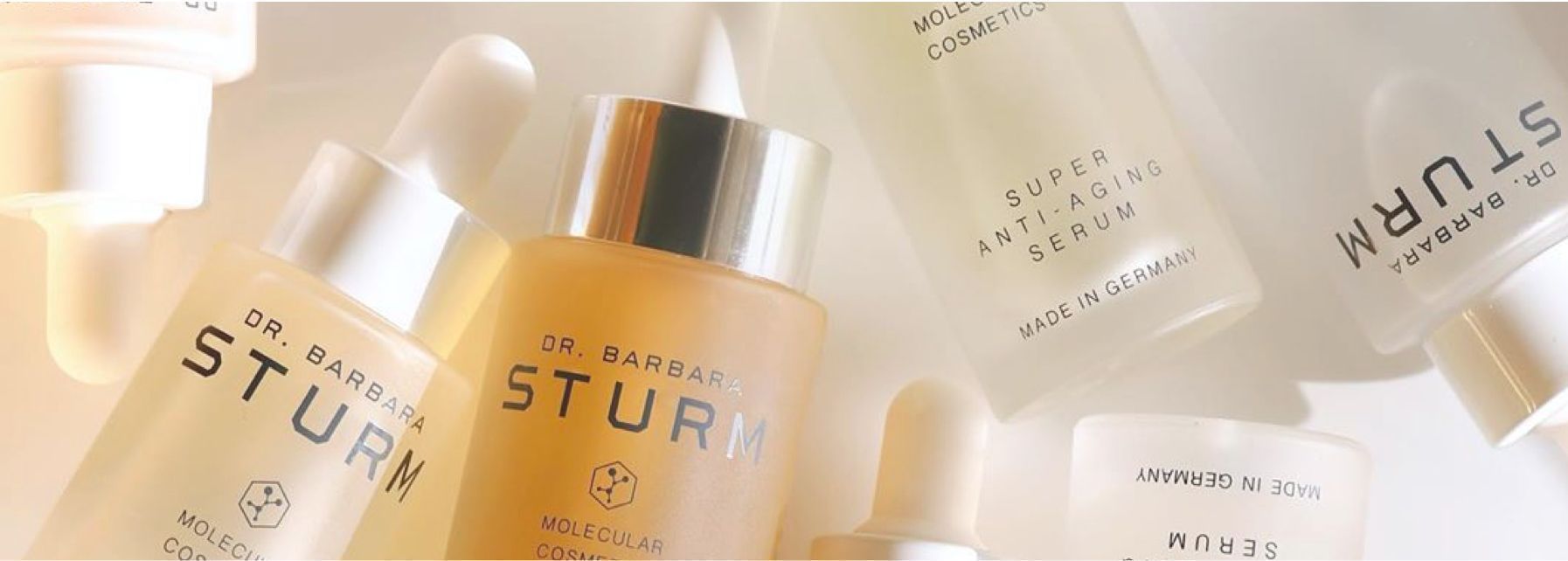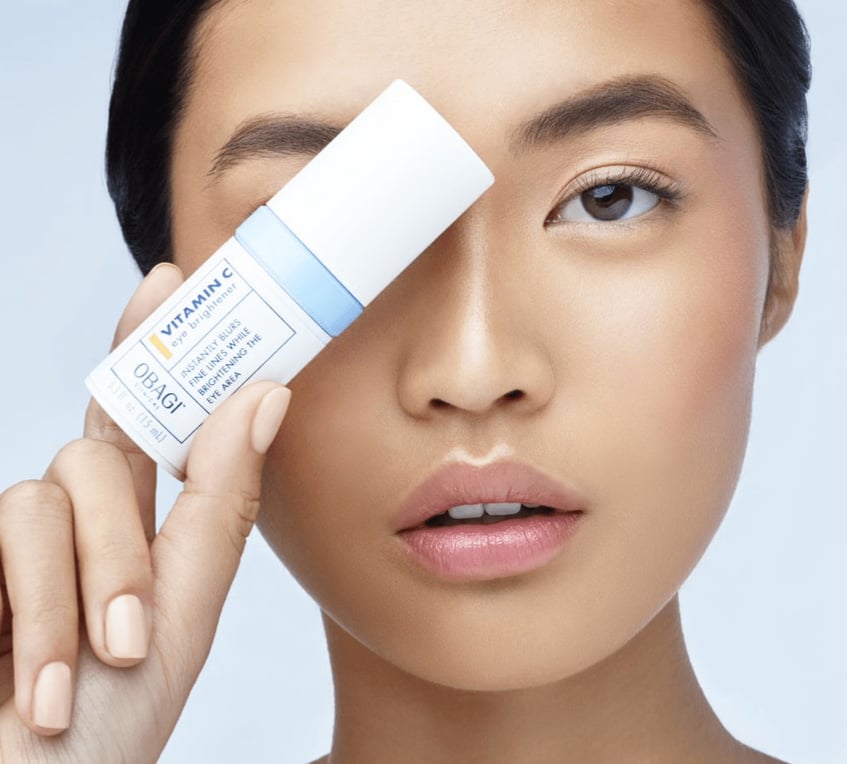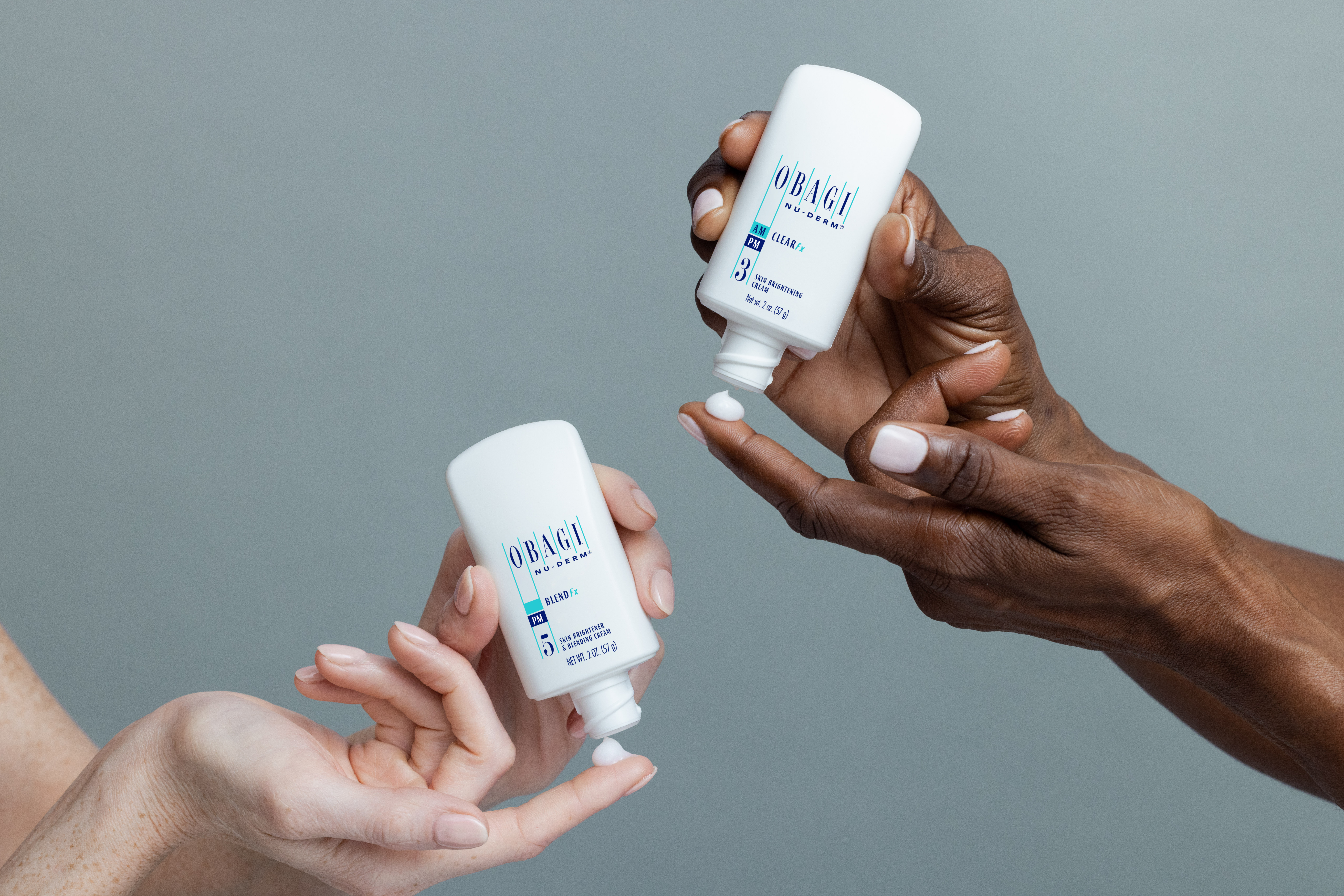What Are Dark Spots?
We often hear about dark spots when we’re reading skincare articles or looking at the label of an anti-ageing product. Mostly, dark spots tend to be caused by an excess of the pigment called ‘Melanin’. When this happens, the skin darkens and creates brown patches of skin. The forehead, nose, cheeks, chin, shoulders and backs of hands tend to be affected and when there are larger patches of dark spots, we refer to them as ‘hyperpigmentation’.
In themselves, dark spots are not a cause for concern because they’re neither painful nor dangerous. That said, if ever you experience a sudden change in the appearance of your skin, you should always speak to your GP for advice to check that it’s not anything more sinister. Many people don’t like the look of dark spots and feel they’re ageing, hence the fact they’re also called age-spots, so prefer to remove them for cosmetic reasons.
What Causes Dark Spots?
Probably the biggest contributor to dark spots is UV-damage from the sun or tanning beds. Excessive sun exposure means that skin ignites into defensive mode, producing excessive melanin as a protective mechanism against UV rays. That’s why dark spots tend to appear on those areas of the body that are most exposed to the sun. It’s because of this that dark spots have yet another name that you might be familiar with, ‘sunspots.’ And some folk call them ‘liver spots’ as well. Confusing, isn’t it?
There are other causes of dark spots too. Hormonal imbalances during pregnancy, menopause or whilst using birth control can bring on ‘melasma’, a hormonal pigmentation. Anyone that’s had children will also remember being told about the ‘pregnancy mask’, a known phenomenon where hyperpigmentation occurs across the face during pregnancy but clears up in time after delivery once the hormones settle down again.
Another reason for dark spots is that as skin ages, cells don’t reproduce as quickly. So, when our skin suffers trauma or an inflammation, for example, a blemish scar, eczema, psoriasis or even a burn, it can cause post-inflammatory hyperpigmentation.
Do Dark Spots Go Away?
Some dark spots do fade over the course of a few years, but it largely depends on the darkness of the spot, it’s cause and your skin type. Whilst some dark spots might eventually fade, further sun exposure can cause them to darken all over again.
Not only that, but as you age, you’re more likely to acquire more of them so as some fade, others appear. That’s why it’s so important to prevent further ones from forming and to treat current ones in order to restore youthful radiance once more.










